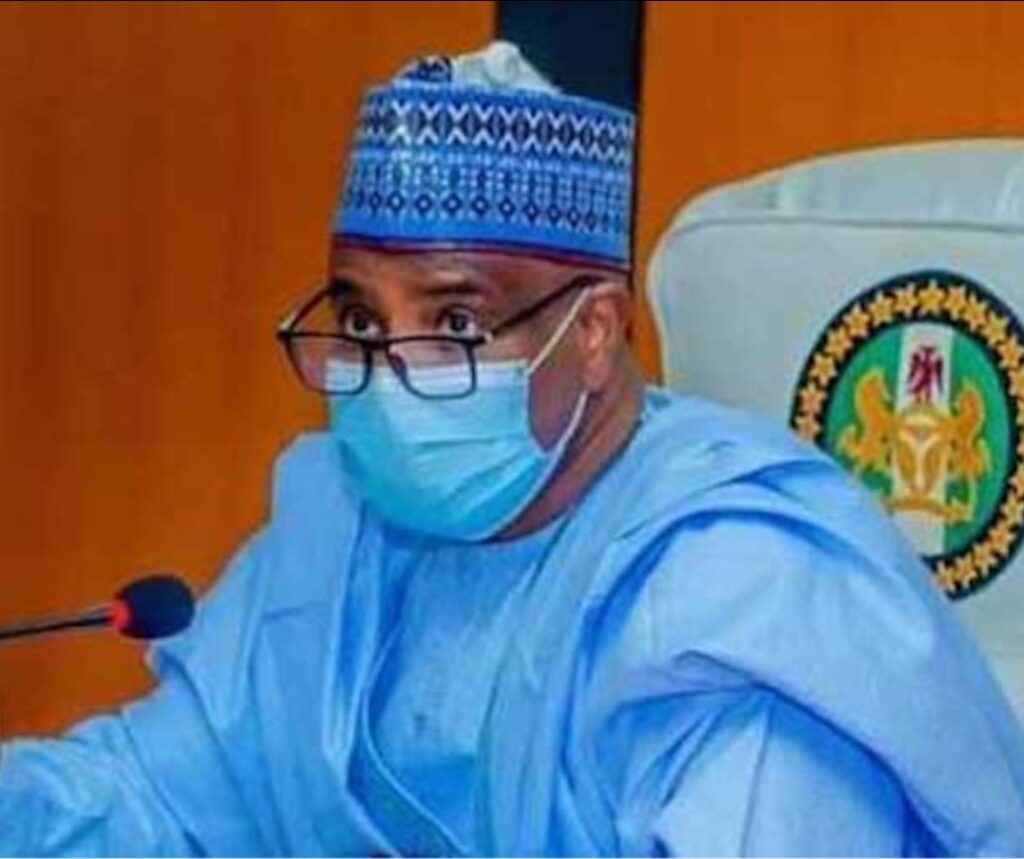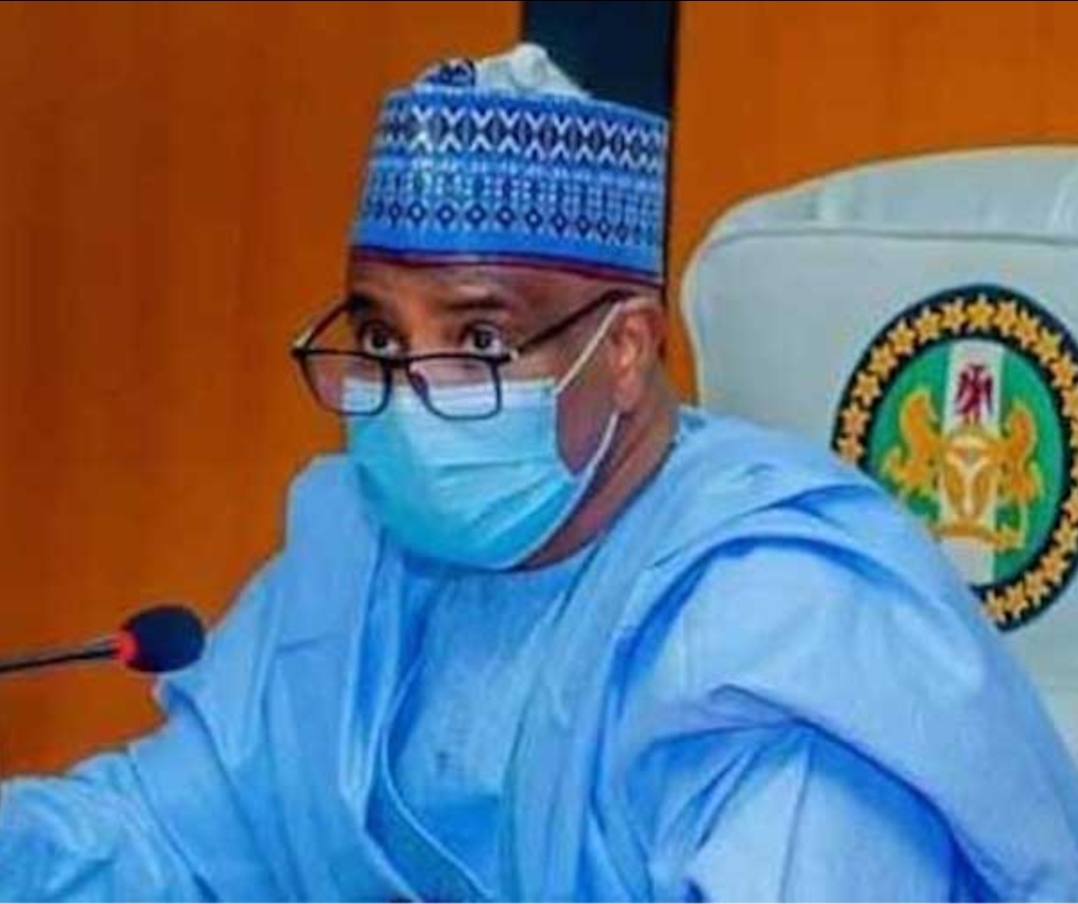Chuks Okocha in Abuja

Governors of the 36 states of the federation have proposed a novel idea to resolve the impasse over the implementation of the constitutional provisions that grant financial autonomy to state judiciaries and legislatures.
The impasse triggered the ongoing indefinite strike by judicial workers, which began on April 6, to press for the implementation of the law.
The governors, in a report by a committee, chaired by Sokoto State Governor, Hon. Aminu Tambuwal, and which was set up by Nigeria Governors’ Forum (NGF), proposed the payment of a minimum irreducible amount monthly to the two arms of government in each state for their operations as against the constitutional provisions for funds due to the judiciary and the legislature in each state to be on a first-line charge.
Following the failure of state governors to implement section 121 (3) of 1999 Constitution as amended, which makes votes for state judiciaries and legislatures a first-line charge on the consolidated revenue, President Muhammadu Buhari had signed Executive Order 10 to enforce the constitution.
But the governors resisted the order as well as three separate court judgments that declared their action unconstitutional.
THISDAY gathered at the weekend that a copy of the proposal was presented to the Chief of Staff to the President, Prof. Ibrahim Gambari, last week.
The governors are also expected to meet today with Gambari to discuss the details.
The governors, it was learnt, will also meet with speakers of state Houses of Assembly later today and hold a final engagement tomorrow with the Minister of Labour and Employment, Senator Chris Ngige.
Section 121 (3) of the 1999 Constitution as amended, grants financial autonomy to state judiciaries, stating: “Any amount standing to the credit of the judiciary in the Consolidated Revenue Fund of the State shall be paid directly to the heads of the courts concerned.”
Courts have also affirmed it in suits involving the Judicial Staff Union of Nigeria Vs National Judicial Council (NJC) and Governors of the 36 states in Suit No. FHC/ABJ/CS/667/13; Olisa Agbakoba Vs Federal Government of Nigeria, NJC and the National Assembly in suit No.FHC/ABJ/CS/63/2013 and Olisa Agbakoba Vs Attorney General of Ekiti State and two Others in Suit No. NAD/56/2013.
Following the recalcitrance of the states, the Judicial Staff Union of Nigeria (JUSUN) shut down the courts and embarked on a strike.
But in the proposal, the governors said instead of direct allocations to the state judiciaries and legislatures, a certain minimum amount will be paid monthly to them for their operations.
A source told THISDAY at the weekend that the proposal was made to end the ongoing strike by the judicial workers.
When asked if the governors had reached an agreement on how to end the judiciary workers’ strike, the source said: “Yes, but that would be finalised on Monday. We are meeting on Monday. The last meeting became inconclusive because there was a report that had not been sufficiently shared. So, everybody now has a copy, so they will look at it. But I think all that will be resolved on Monday.
“When you say agreement, basically, this goes back to the autonomy of the judicial and legislative arms. So, the governors have agreed to a monthly payment of an irreducible amount that would help the judiciary service their operations.”
When asked if Gambari is involved in the meeting, the source said: “Yes, he has been at the heart of all these. That interaction will happen between the governors and the leadership of the speakers on Monday in the morning.
“Then, in the afternoon, we have a meeting with the Chief of Staff. Then, the next day (Tuesday), the entire team will meet with the Minister of Labour, and I think that will end the whole thing, except there is more to it.”
THISDAY had earlier reported that a technical report containing the position of the governors had been submitted to Gambari, while they awaited the return of the president from the foreign medical trip for a final resolution of the issue.
The governors had also faulted Executive Order 10, describing it as unconstitutional and full of inconsistencies.
A source had told THISDAY that the governors were still trying to reach a consensus over the enforcement of the order.
He added that the governors had planned to approach the Supreme Court to interpret certain provisions of the order but later shelved the plan in order not to embarrass the federal government.
